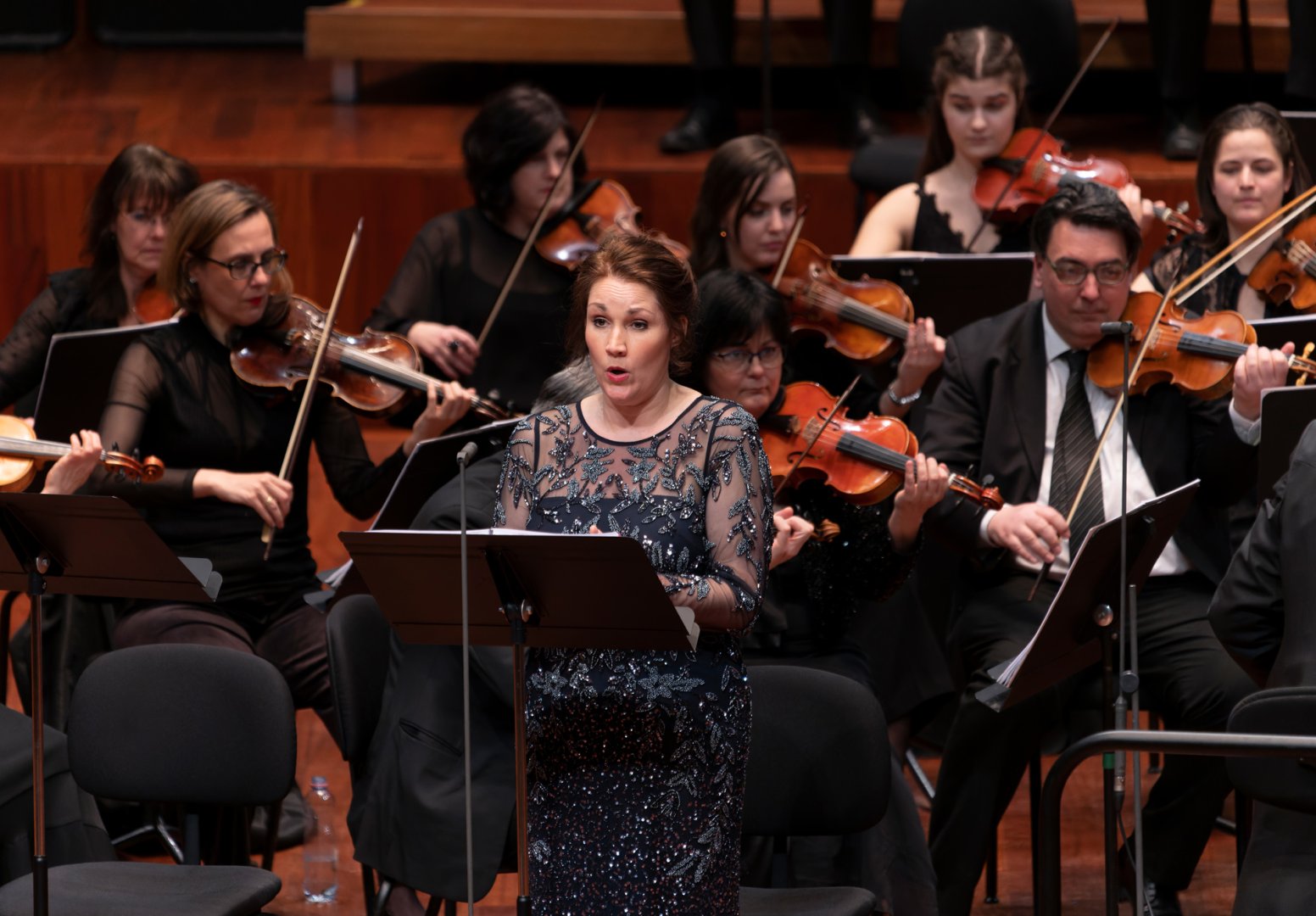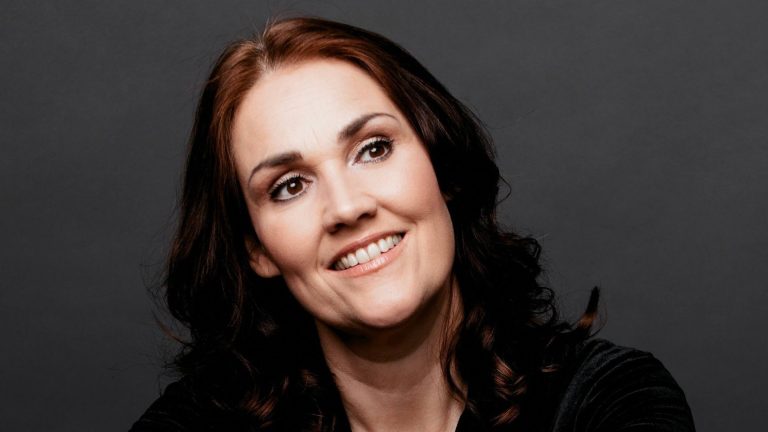The Purcell Choir and the Orfeo Orchestra presented Rameau’s opera Castor and Pollux in Budapest and then in the Netherlands – their performances were met with enormous interest and then success. We had Judith van Wanroij for an interview.
– At first, you studied law then you switched to voice studies. What happened?
– I think the idea started when I was in a relationship with a jazz pianist. Every weekend I witnessed how he lived with and through music. It was something I longed for as well. When I finished my studies in law, I felt far too young to participate in the ‘real world’. I wanted to study more. And that is when I decided to take my chances and apply for the Conservatory of Amsterdam. I got accepted and my second life started.
– You are renowned for excellent interpretations of rediscovered and less-known operas. What attracts you to these works?
– What attracts me about these works is that for a very long period of time, no one has seen or heard these pieces. When you explore them, together with the musical team, it feels like unwrapping gifts at Christmas. And when you bring it back to life, you really can see the mark it has left in the history of music.
– You have already collaborated with György Vashegyi and his Orfeo Orchestra many times. How did you meet? Can you mention such a memorable project with him?
– György Vashegyi and I have been teamed up by the Centre de musique baroque de Versailles. We have performed numerous concerts which has resulted in a beautiful collection of CDs. All of them are special to me, but the one that is most memorable is maybe Phèdre by Lemoyne. The opera contains exciting and dark pieces combined with light and elegant phrasing, all on a grim story. Stylewise it feels like a transitional piece which is very interesting, because you have to choose which direction to go, based upon the material that is known to us from the time Lemoyne lived. I think György Vashegyi and I were equally pleasantly surprised by the way the opera was unfolding to us.
– In early March you performed Télaïre from Castor and Pollux in Budapest. What is your connection with the role and Rameau’s piece?
– I was first introduced to the opera Castor and Pollux in 2008, with Les Talens Lyriques at DNO. Immediately I fell in love with the lyrical beauty of French baroque music and I clearly remember listening to Anna Maria Panzarella and Veronique Gens and admiring the way they handled the text and polished their diction onto the melodic phrases. To sing this music with Veronique again was a great honor and pleasure.

– The core of your repertoire consists of, but is not limited to, French and Italian baroque music. You also recorded Gounod’s or Mahler’s work. How can you manage your voice in such a wide range of repertoire?
– I try to keep my voice as flexible as possible to be able to sing in the widest range of repertoire. Of course there are limits to what my voice can handle, but up to now I have had the pleasure of roaming through a lot of different styles and I am extremely grateful for that, because I love all of them and I would be a bit sad to be confined to just one of them.
– Could you let me in on your future plans or dream roles to fulfill?
– It might sound strange, but I don’t think in terms of dream roles to fulfill. I go with the flow and react to what is proposed to me or what is up for auditioning as it comes. In this way, I manage to enjoy the moment and to be content with the things I have achieved, instead of focussing on the future. The only plan is to sing and to do the best that I can, preferably with the nicest people.











